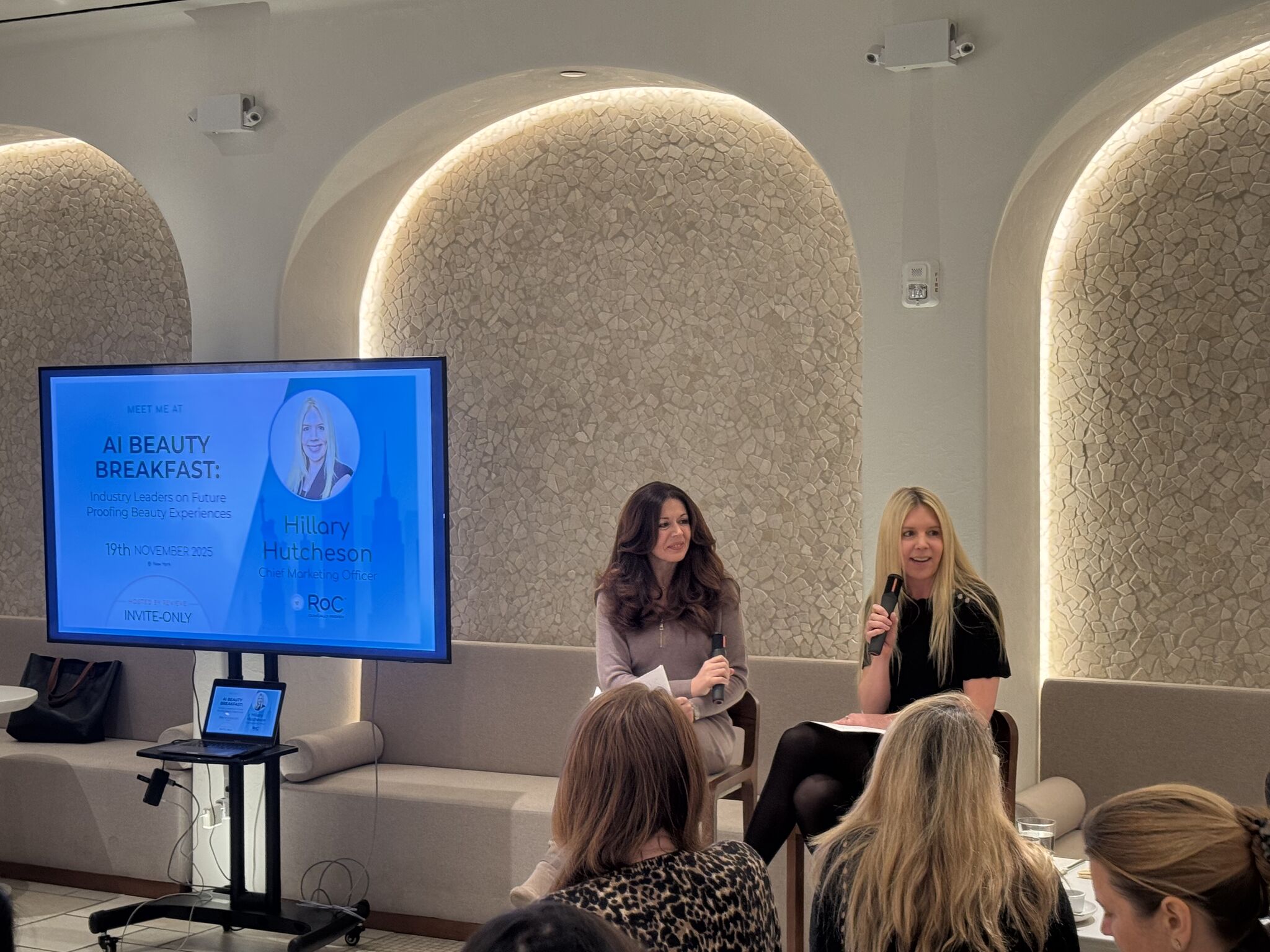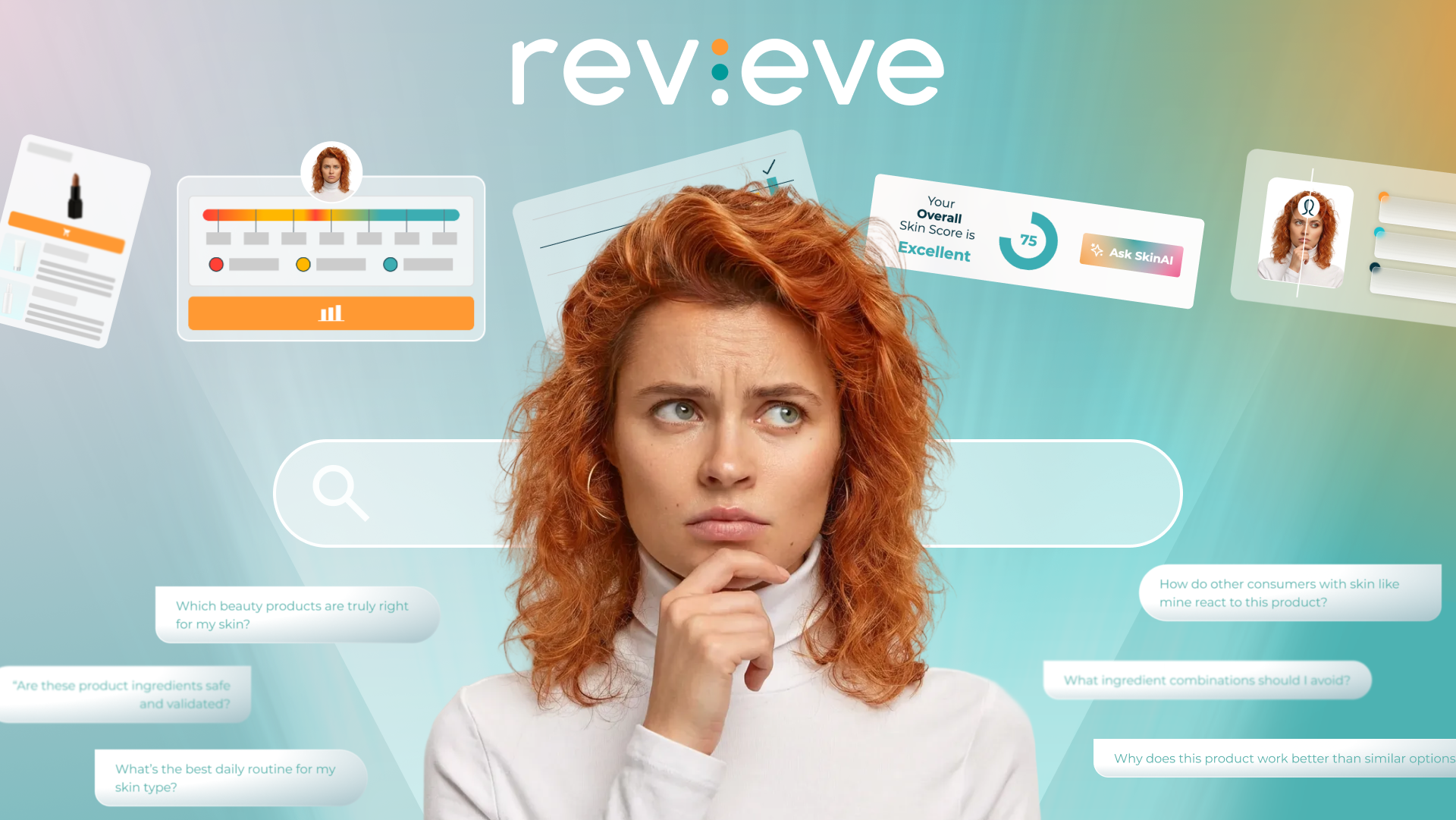Transforming Digital Beauty Experiences
Transforming Digital Beauty Experiences
Transforming Digital Beauty Experiences
Gen Z is shaking up the business of beauty
In 2023, it’s clear that Gen Z’s influence will continue to inspire larger beauty trends. We will see more brands incorporating Gen Z's favorite digital services and platforms into their strategies. According to recent research, the younger generation will make up 20% of the US population in 2023.
A visual-first generation cares deeply about a wide range of issues — and wants the beauty brands and retailers they interact with to do the same. They openly express their views and values and are brave enough to demand more experiences from brands. Gen Z also speaks their “own language” and is willing to invest their time in discovering themselves and experimenting with new things.

Gen Z Drives Beauty Innovation Forward
The young generation is driving innovation in beauty, from product value to marketing and more holistic ways of thinking about beauty. As a result, brands have the pressure to respond faster and proactively to current and upcoming trends.
For example, the “hybridization of products” has steered established brands to launch makeup collections with skincare ingredients. Moreover, many consumers are making skincare a priority, shifting the business focus for market leaders like L’Oréal and Estée Lauder Companies.
Gen Z Advocates for Diversity, Inclusivity, and Sustainability
For the younger generation, beauty is about freedom of individuality, authenticity, and diversity. According to Viacom’s study, 8 in 10 Gen Z teens and millennials said, “being yourself” is the phrase “that best fits their definition of beauty, but they don’t simply want to be themselves; they want to be their best selves.” Gen Z views brands as complementary to who they are.
Core to their identity are issues around diversity, inclusivity, sustainability, transparency, and trustworthiness. In other words, Gen Z will not buy products from a brand they wouldn’t be friends with. So, beauty brands and retailers that are trying to sell to this age group – as most of them are – should be mindful of these self-esteem issues.

Gen Z is Tech-Savvy and Self Educate
As Gen Z spends more time on social media than other generations, they are also more likely to follow their favorite brands and use social media platforms when making purchasing decisions than any other age group.
Gen Z shops for health and beauty products earlier than any other generation. For that reason, the younger generation is arguably the most self-educated and tech-savvy generation to date, with tutorials, information, and evidence at their fingertips 24/7. This informed generation of ‘skintellectuals’ is both seekers and distributors of knowledge via social media and other online platforms.
Gen Z Seeks Personalization
Despite Gen Z proactively getting educated about skin health and different products and treatments across all channels, it doesn't remove the challenge across generations of finding tailored information that answers their personal needs. For that reason, leaders in the beauty space have recognized a growing demand for personalized, high-level online services and experiences and a need to serve its customers in any channel they prefer to shop.
Gen Z is willing to try new and personalized digital brand experiences powered by AI/AR technologies to understand their skin health or virtually try-on beauty products before purchase.

Gen Z and its interaction with digital skincare experiences
In the latest report, we showcase the differences in how Gen Z in North America and Europe experience skincare. These differences are fundamental to avoid a one size fits all approach when catering to Gen Z. We will see how consumers in North America take a preventive approach towards skincare. In contrast, Gen Z consumers in Europe focus on fixing visually apparent concerns.


%2520v1.png)



